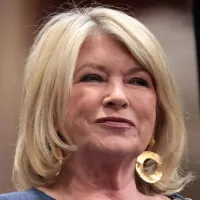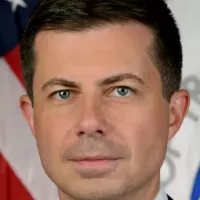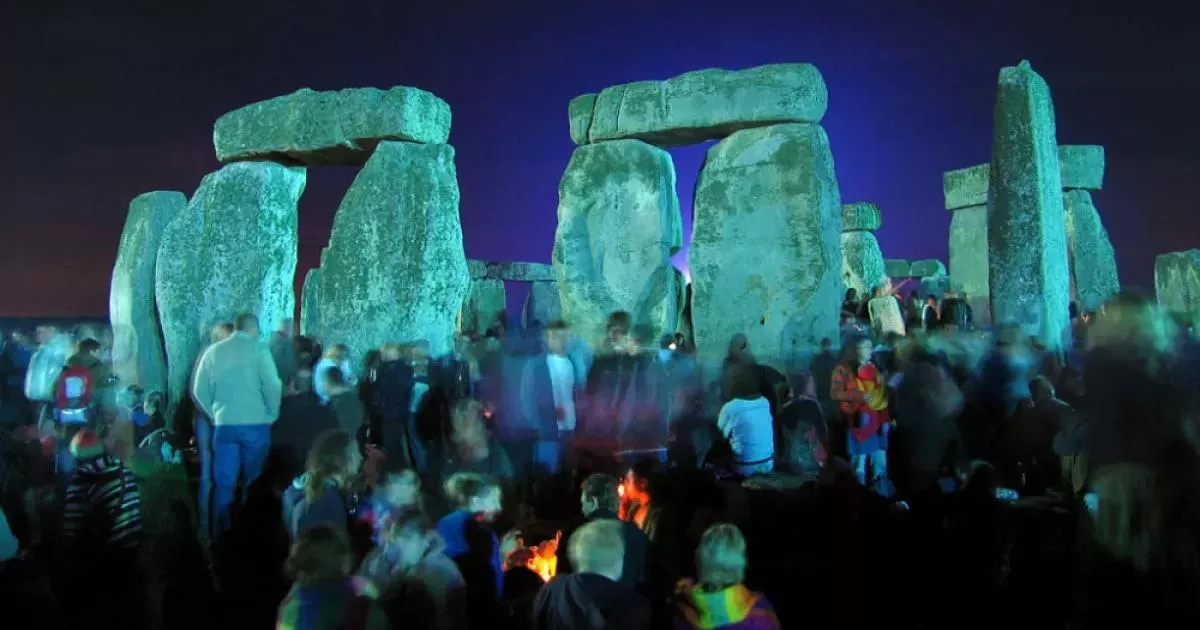A community is a social unit defined by shared characteristics, such as location, norms, culture, religion, values, customs, or identity. This shared basis can exist within a geographical area or in virtual spaces. Strong relationships extending beyond family also contribute to a sense of community, influencing identity and social roles. While often small, the term "community" can also encompass large-group affiliations like national, international, or virtual communities, indicating the broad scope of the concept.
1986: McMillan and Chavis identify four elements of "sense of community"
In 1986, McMillan and Chavis identified the four key elements that constitute a "sense of community".
1987: Scott Peck argues that sense of community can be consciously built
In 1987, Scott Peck, in "The Different Drum: Community-Making and Peace", posited that the sense of community, often accidental during crises, can be intentionally cultivated through deliberate design and the application of specific rules across four stages.
1991: Peck remarks on difficulty in maintaining a sense of community
In 1991, Peck noted that while initiating a sense of community is relatively straightforward, sustaining it poses a significant challenge in the modern world.
2001: Pew Internet survey finds virtual groups focused on obtaining information
In 2001, a Pew Internet and The American Life Project survey found that individuals involved in entertainment, professional, and sports-related virtual groups primarily focused their online activities on acquiring information.
Mentioned in this timeline

Books are a means of storing information as text or...
Trending

Harvey Elliott is an English professional footballer known for playing as an attacking midfielder or right winger He currently plays...

10 months ago Matheus Cunha transfer: Manchester United advances, Ruben Amorim enters race, Wolves exit looms.

3 months ago Martha Stewart's Holiday Collection Returns for 2025: Decor and Dining Favorites!

6 months ago Buttigieg Warns Democrats: No Return to Status Quo Post-Trump Presidency in 2028.
9 months ago Casemiro Claims Successful Season Amidst Manchester United Renaissance and Europa League Chapter

6 months ago Bella Ramsey discusses 'Last of Us' challenges, Joel's death, and Emmy history.
Popular

Thomas Douglas Homan is an American law enforcement officer who...

William Franklin Graham III commonly known as Franklin Graham is...

Jupiter is the fifth and largest planet from the Sun...

XXXTentacion born Jahseh Dwayne Ricardo Onfroy was a controversial yet...

Melania Trump a Slovenian-American former model has served as First...

Kristi Noem is an American politician who has served as...

